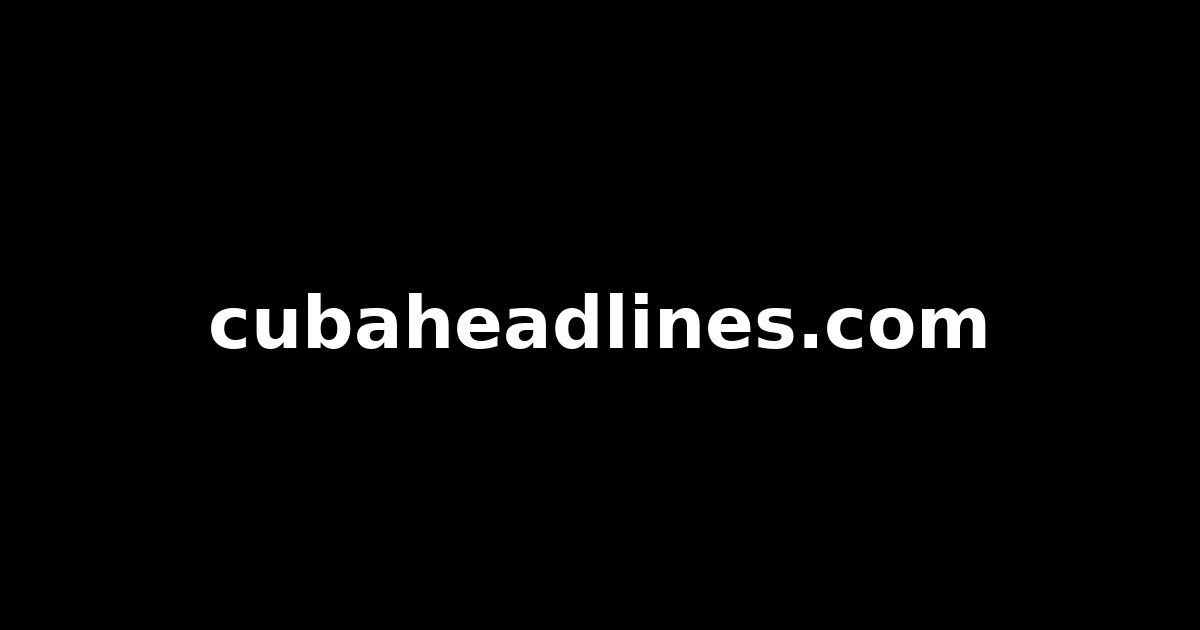A coup in Honduras
- Submitted by: admin
- Central America
- International
- Politics and Government
- 06 / 29 / 2009

The toppling of Mr Zelaya took the region by surprise. Honduras, although small, poor and ravaged by corruption and violent gangs, has seemed a more solid democracy than, for example, neighbouring Guatemala. Mr Zelaya, a Liberal, alienated the leaders of the country’s main political parties last year by joining the Bolivarian Alternative for the Americas, an alliance led by Venezuela’s president, Hugo Chávez. Yet Mr Zelaya’s policies have been only mildly social-democratic, such as an increase in the minimum wage.
The cause of Mr Zelaya’s downfall was his attempt to organize a referendum to call a constituent assembly. He seemed to hope that this would enable him to remain in power, perhaps by changing the constitution to allow him to stand for a second term in an election due in November. This embroiled Mr Zelaya in a conflict of powers. The Congress and the courts both rejected the referendum.
But Mr Zelaya would not be stopped. He issued a decree for a consultative poll on Sunday, asking Hondurans whether they wanted presidential-election ballots in November to include a question about holding a constituent assembly. And he asked the army to distribute ballot papers.
When the head of the armed forces, Romeo Vásquez Velázquez, refused to carry out the directive. The Supreme Court reinstated the general, and an independent electoral tribunal ordered the ballots to be confiscated. In response, Mr Zelaya himself led a group of supporters to an airforce base where they carted off the ballots.
But hours before voting was set to begin, the army seized the president—“arresting” him for defying the Supreme Court, they said. The president of the legislature was quickly installed as Mr Zelaya’s successor.
The story is unlikely to end there. The coup was swiftly condemned, not just by Mr Chávez, whose ambassador (along with those of Cuba and Nicaragua) was briefly roughed up by troops, but also by the United States, European Union and Organisation of American States. Barack Obama called on Honduras “to respect democratic norms”, and the administration said it would not recognise the new government. “It brings back nightmares of a period we thought was over in this region, one full of blood and abuses of power,” says José Miguel Vivanco, of Human Rights Watch, a campaign group.
For the region’s diplomats, the task now is to restore Mr Zelaya to power.
Source: Economist.com
Comments